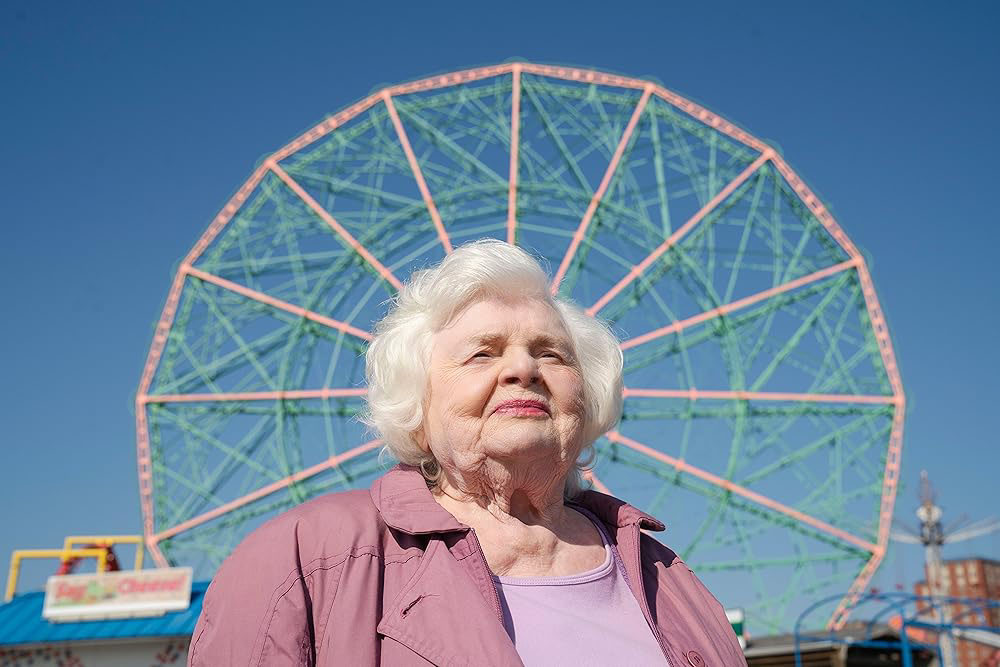Judaism in Germany
I am a committed supporter of Conservative Judaism and have been a member of Conservative Temple Beth Am for more than 20 years (“Conservative Judaism Reborn — In Germany,” Nov. 29). I agree with Rabbi Brad Artson that the movement is not dying. Unfortunately, however, in his zeal to support Conservative/Masorti Judaism, he presented the facts about the German program unfairly. My wife, Rabbi Ruth Sohn, and I just spent a year in Berlin teaching for the seminary he raved about. It is not about to begin. It has been in existence for over a decade and ordained its first progressive rabbis in 2006 and its first progressive cantor in 2009. But those rabbis and cantors are all Reform. The Potsdam University professor Walter Homolka is also a Reform rabbi, and the Reform movement in the United States and its international arm, the World Movement for Progressive Judaism, have been instrumental in supporting Rabbi Homolka in his brilliant work to revive Progressive Judaism in Germany — of all stripes, Conservative as well as Reform.
Rabbi Reuven Firestone, professor of medieval Judaism and Islam, Hebrew Union College-Jewish Institute of Religion, Los Angeles
Rabbi Bradley Shavit Artson responds:
Thanks to my friend, Rabbi Reuven Firestone, for praising our sister rabbinical program, the Abraham Geiger College, which does indeed train Reform rabbis for the European Union and has been in healthy existence for several years. But in his legitimate zeal to praise Reform Judaism, he missed that my article was announcing the establishment of the University of Potsdam’s School of Jewish Theology and the brand new Zacharias Frankel College, which will train Conservative/Masorti Rabbis and is now open for admissions.
Arguments Fail to Make the Grade
Colossal irony. Colossal narcissism. This from the guy who decries the “low moral state of our universities,” because women who go to them have fewer children than those who don’t (“Educated Women and Children,” Dec. 6). There are so many holes in this argument it’s well nigh irredeemable. And if he thinks this passes for good argument, he perhaps needs a refresher education at a premier university. In this piece, his position sounds an awful lot like, “Keep women barefoot and pregnant.” Leaving aside his polemics and easy equations about feminism and secularism, there are good moral rationales for encouraging women’s higher education today even if it means that they may have fewer children. These include feeding, housing and clothing those children in an uncertain world as well as fulfilling, perhaps, their intellectual potential.
The world always looks so flat, binary and simple to Dennis Prager. It seems to me that the world and its people are far more complex and interesting than writing like this suggests. Isn’t it time the Jewish Journal gave more voice and column inches to writers who think more unpredictably, more subtly and ultimately beyond the easy either-or facile formulas that regularly spangle these columns?
Doreen Seidler-Feller, associate clinical professor, The David Geffen School of Medicine at UCLA
Dennis Prager responds:
Given that there are “so many holes” in my arguments, Doreen Seidler-Feller should have devoted at least some of her 200 words to pointing out what those holes are. Instead, she just attacks me — which, ironically, only serves to reinforce my warnings about the moral and intellectual caliber of much of contemporary university life. So, too, typical of the many professors who think only left-wing views should be expressed, she objects to the Jewish Journal publishing me.
It is beyond sad that after the Holocaust, the more years a Jewish woman (or a Jewish man, but men don’t give birth) spends at a university, the less value she places on having children. This, too, reconfirms what the university has done to the minds and values of many of its students.
Creating Cultural Synergy
It’s great that Israeli Consul General David Siegel is supporting collaboration between Jews and Latinos (“Israeli-Latino Renaissance,” Nov. 22). A perfect example of how these two communities can create cultural synergies took place this last September when the Boyle Heights garden, Proyecto Jardin, and our congregation, IKAR, co-organized a combined Aztec Harvest Festival/Sukkot ceremony. In celebrating together, we found we had much in common, including honoring geographic directions, using conch shells and shofarim to announce ritual events and calling for a sustainable lifestyle. As Siegel points out, we are all in the same boat, and our similarities augur well for more mutual ceremonies and collective action on issues such as the environment, immigration and addressing social inequities.
Alisa Schulweis Reich & Peter Reich, Los Angeles
Puzzle Praise
I started doing your crosswords, and though I have been doing crossword puzzles since I was about 11 — including The New York Times and The Washington Post — I have to tell you that the Jerusalem Post puzzle has become one of my favorites. It is a challenging and clever puzzle. I learn something every time.
Chloe Ross, West Hollywood
correction
In “Moving and Shaking” (Dec. 6), it should have stated that Michelle Hirschhorn is currently a sophomore at Shalhevet.

































